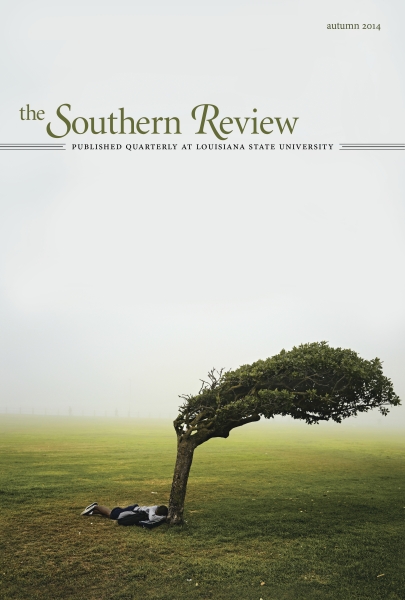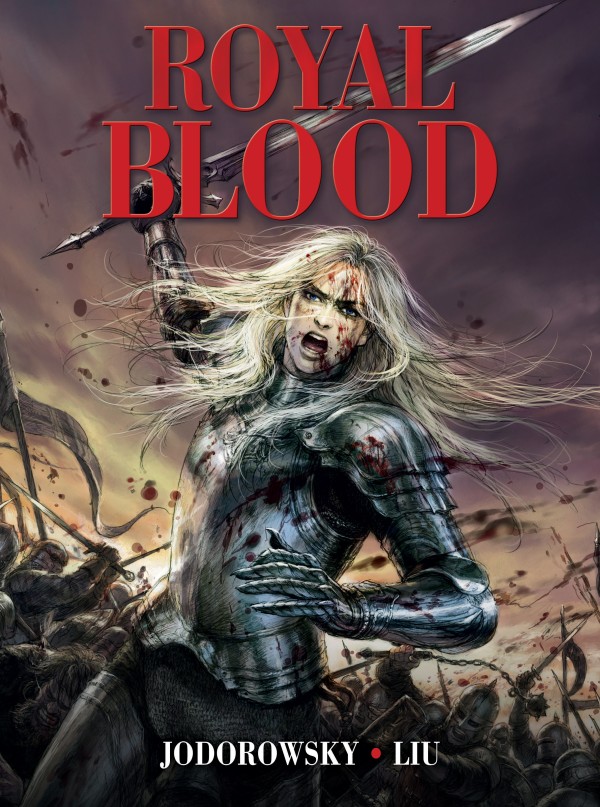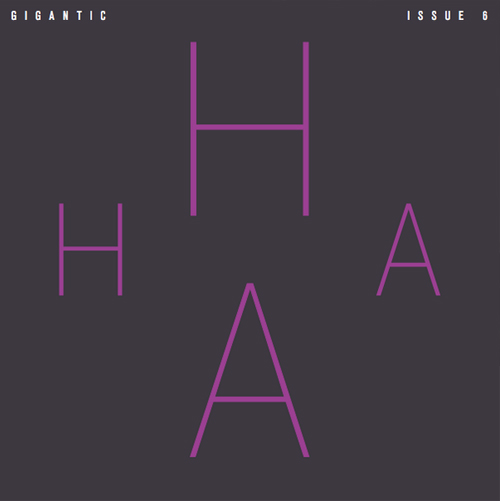October 31st, 2014 § § permalink
Here’s wishing everyone a happy and spook-tacular Halloween!
Over at Pseudopod, everyone’s favorite horror podcast, H.V. Chao’s story “The Recovery†can be listened to in all the delectably macabre glory of George Hrab’s insinuating narration. The story first appeared (in a slightly different form) in Tartarus Press’ Strange Tales IV, edited by Rosalie Parker, which recently received a starred review from Publishers Weekly. Here’s an excerpt:
These swaybacked houses shouldered upright by their neighbours, these towns time has brought to one knee, idyllic and sinister. How much they have seen. Leafing through a gilded history, I perused the account of a woman from the region, murdered and dismembered collectively at some ritual banquet of the town’s, the various parts buried each in different places. The stump of a foot filled the exact centre of a cornerstone. An elbow folded in a corbel, a hand weighting the mantel of a hearth, fingers distributed to individual bricks. The eye that watched from a keystone, and another blindly immured, untraceable but for a green weeping stain down the creamy stucco. A tibia, entrusted to the reliquary of a doorsill that Time has scooped out like a shallow basin.
If you liked it, leave a comment at the Pseudopod forums!
October 29th, 2014 § § permalink
The Autumn 2014 issue of that august literary stalwart, The Southern Review, is now out, under the sure-handed editorship of Emily Nemens. It features my translation of Jean-Yves Masson’s short story “A Return,†about a translator who returns to his childhood home. The issue sports a haunting cover: Pieter Hugo’s “Green Point Common, Cape Town.â€

Prizewinning poet Jean-Yves Masson (1962 – ) translates from English (Yeats), German (Rilke, Hofmannsthal), and Italian. In 2007, he won the Prix Goncourt de la nouvelle for his collection Ultimes vérités sur la mort du nageur (Verdier), from which  “A Return†is taken. An editor and literary critic as well, he teaches at the Sorbonne, where he directs the Center for Research on Comparative Literature.
Here’s an excerpt from the story:
I don’t usually remember my dreams. A few scattered images at most: loved ones now gone; people I passed in the street and never thought to remember so well; probably places, too, where oddly enough I’ve never been. All this, made to astonish the dreamer, escapes me on waking, and though these fragile images sometimes still float in my consciousness a few moments after I’ve opened my eyes, I cannot recall them in the slightest when, once fully awake, I try to describe my dream or the places I’ve been. A certain regret lingers; this inability is likely due to my lack of interest in anything that isn’t real—or so I’ve sometimes thought, not without a hint of pride. But other times, I have no doubt it’s a regrettable weakness, or worse yet, irrefutable proof of some inner cowardice. It is, at any rate, because of this great talent for forgetting, or this inability to remember, that I paid heed to one of the rare dreams that did cross the barrier into wakefulness with me, an act that seemed all the more extraordinary since I rarely feel the need to piece together my dreams. But it so happens that this dream changed the course of my life: the images I retained on waking were so clear, so brilliant; it took on such an extraordinary density in my memory that the melancholy that took hold of me lasted an entire year and forced me to alter my existence. But now I do not know if that was for the better.
October 27th, 2014 § § permalink
A book I worked on last winter for British juggernaut Titan Comics is now available: Royal Blood, written by cult director Alejandro Jodorowsky, with art by Dongzi Liu. This startlingly bloody medieval epic barrels forward full-tilt storywise, borrowing a few pages from John Boorman’s Excalibur, and covering an amazing amount of narrative ground–mutilations, executions, betrayals, amnesia, usurpation, castration–ending on a transcendent note that is oddly convincing.

October 25th, 2014 § § permalink
Though the launch party has come and gone, there’s still time to order Gigantic Ha-Ha. What’s that, you say, a gargantuan “wall or other boundary marker that is set in a ditch so as not to interrupt the landscape� No, what are you, British? We said GIGANTIC HA-HA, the sixth print issue of that erstwhile literary magazine (a scrappy David among Goliaths), forthcoming in November:

Inside, you will find new translations of Franz Kafka and Daniil Kharms, Amelia Gray; a special fold-out “New Giganticer” poster featuring cartoons by Roz Chast, Carolita Johnson, Drew Dernavich, Michael Crawford, and Corey Pandolph; an interview with comic-book artist Gabrielle Bell; and my translation of two short-shorts by Eugène Savitzkaya.
Born in 1955 to parents of Ukrainian descent, Belgian Eugène Savitzkaya began publishing poetry at the age of 17. He has written more than forty books of fiction, poetry, plays, and essays, many of them published by Minuit, France’s leading avant-garde press. He received the Prix triennal du roman for his 1992 novel Marin mon coeur. Rules of Solitude (Quale Press, 2004; trans. Gian Lombardo), a collection of prose poems, was his first book in English. My translations of his work have appeared in Anomalous, Unstuck, and Drunken Boat.


